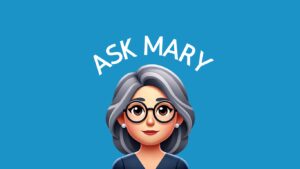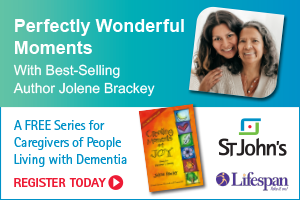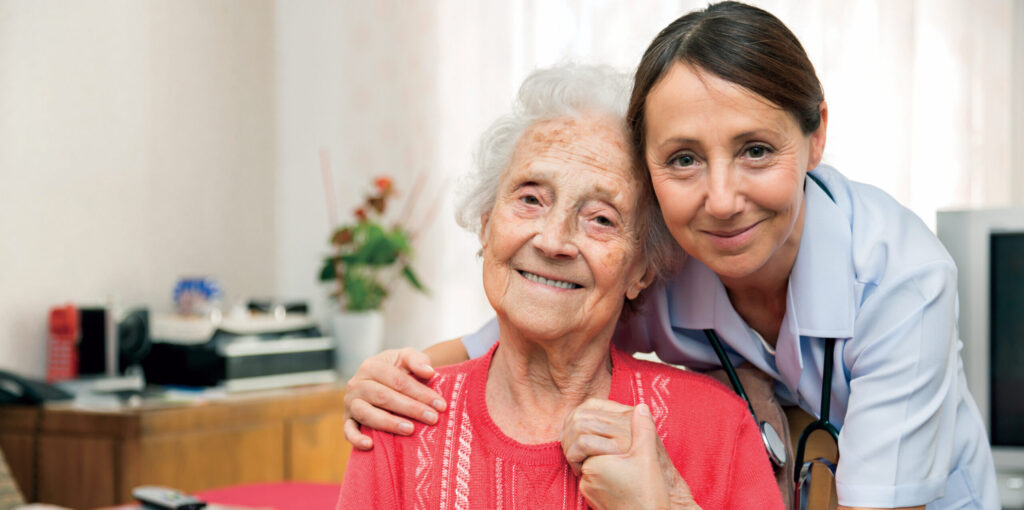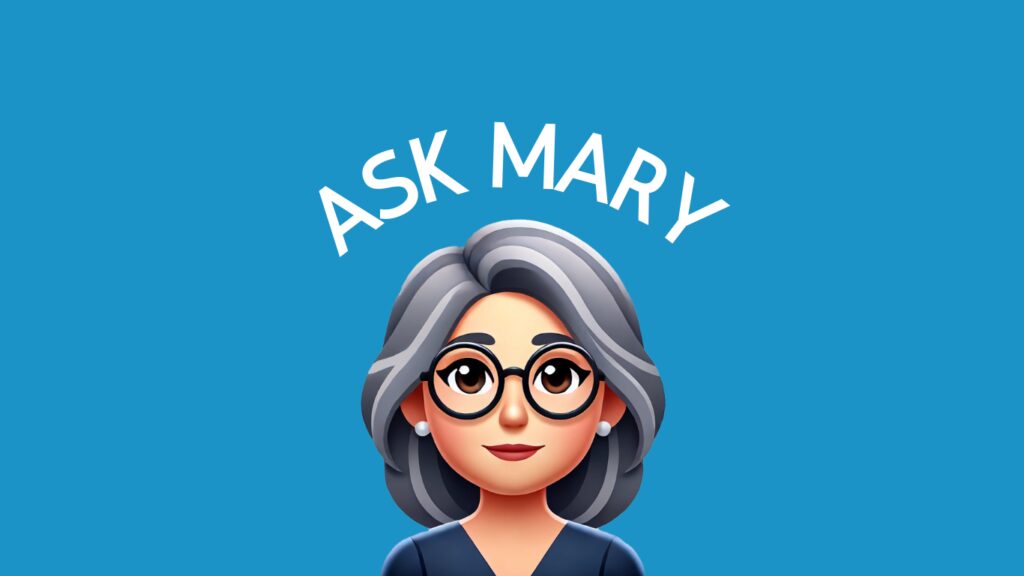A dementia diagnosis can often overshadow parts of a person’s identity. Vital parts of a person’s core tend to be pushed aside — whether that be from personality changes, memory loss, or simply not enough attention. This has been seen among LGBTQ+ people with dementia and it is one of the many tasks of caregivers to help their loved ones hold onto key parts of themselves.
It is estimated that there are 2.7 million people over the age of 50 who identify as part of the LGBTQ community. An estimated 6.7 million Americans were diagnosed with a cognitive disorder like dementia in 2023. Both numbers are expected to grow rapidly. Learning how to adapt caregiving to be more personalized in a changing landscape will be crucial to improving quality of life.
Why is Expression Important?
Whether you are gay, straight, man, woman, or trans — however you identify — the way you choose to express yourself can benefit your mental and overall health. This can be done through pronouns, clothing, hairstyle, and more.

Gender identity and expression are things that we take for granted as being natural parts of a person, but it may become more difficult for those living with dementia. Something as simple as wearing your favorite shirt that makes you feel confident would not come as easily for a person with cognitive decline. This can be seen among cisgender, transgender, and nonbinary people; therefore, helping your loved one express themselves is not strictly an LGBTQ+ issue.
If you know your loved one enjoyed getting dressed in a button-up shirt and tie every day, encourage that each day. This will most likely contribute to more confidence and a better attitude in your loved one.
Talking About Gender
Talking about gender with your loved one can be helpful–just as you might do for any personal identifying factor. For someone who was a teacher for several years before a diagnosis, a caregiver can remind a loved one of the years spent teaching.
“You loved teaching third-grade math — you made it fun for your students.”
This can be done in reference to identity and other parts of a person’s LGBTQ+ identity also. As a caregiver you can talk positively about the person’s journey, nice memories of a partner, or merely, positive affirmations.
“We love you and know you are taken care of no matter what.”
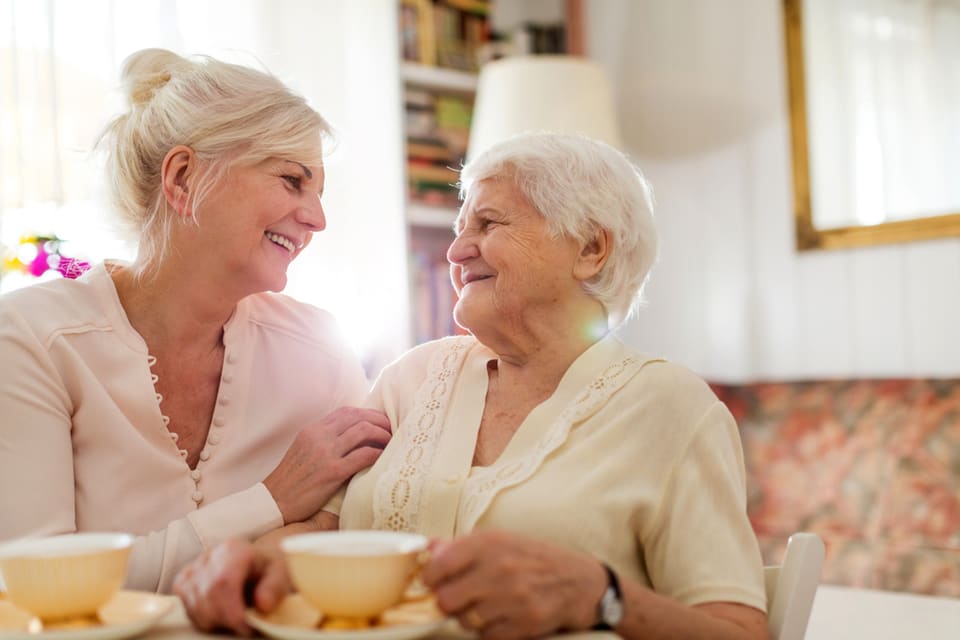
Local LGBTQ+ Resources
As a caregiver it is often difficult to know the right things to say or do — despite the circumstance. However, when helping an older adult and loved one who is part of the LQBTQ+ community, it can be especially challenging. This community has a history of not always feeling welcomed or appreciated; therefore, there can be a lot of trauma and guilt that may resurface as dementia progresses.
Local resources that specialize in gender and sexuality-focused issues in the older adult community are a great tool to have in your caregiver toolbelt. It is okay to not know what to do or say; to ask questions; and to ask for help.
Below are some resources in Rochester for caregivers and LQBTQ+ older adults. You are not alone in this journey.
Sources:
Sex, Gender and Sexuality in the Context of Dementia – Alzheimer Europe
St. John’s Supports LGBTQ+ Caregivers as part of Pride Month – St. John’s
Supporting an LGBTQ+ person with dementia | Alzheimer’s Society
LGBTAgingCenter.org – Family Caregiving in Diverse Communities Full Report | Sage
Assessing the LGBT cultural competency of dementia care providers – PMC
Unique challenges for LGBTQ+ people with dementia – Dementia UK



